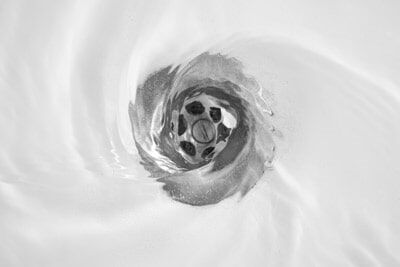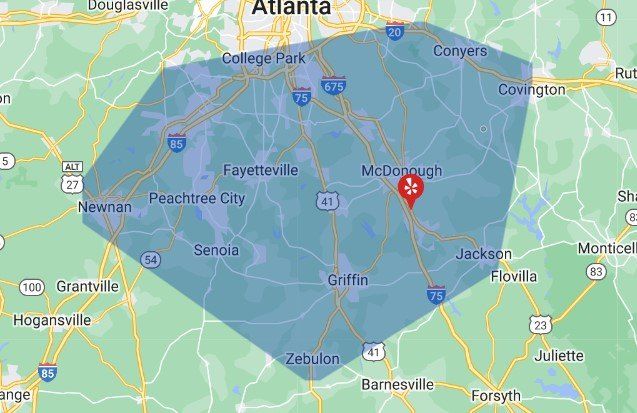Let Our Family Be Your Family Plumber
Let Our Family Be Your Family Plumber
Why Do Your Drains Stink?
Daniel Groover • Nov 08, 2018
Smelly drains are not only annoying, they are also cause for concern.

If you smell a sulfurous or decaying odor in any of your drains, learning the cause for the odor is the first step in eradicating your problem.
Here are some tips to help you identify just why your drains have a sickening odor. You will also discover tips to prevent stinking drains in the future.
Your P-Trap May Be Clogged
The P-trap is a curved pipe under your kitchen or bathroom sink (often both). The P-trap is designed to allow debris to settle in the flat bottom of its curve to prevent a clog deeper in your plumbing lines. The curvature of the P-trap also keeps smelly and potentially dangerous sewer gases from entering your home.
The P-trap itself gets clogged from time to time, harboring hair, food debris, and even toothpaste (depending on where its located in the home), leading to that nose-crinkling odor you're noticing. Look under your sink: you should see a curved, sideways P–shaped pipe that can easily be disassembled. Place a bucket under the trap and unscrew it to release clogs.
Call your plumber if:
- The odor does not go away
- Your P-trap is free of debris
- Your sinks are also slow-draining
- Your P-trap is cracked or leaking
Your plumber will send a snake down your drains to help identify the cause of the odor and will make needed pipe repairs.
You May Have Bacteria in Your Pipes
If your water has an odor in addition to your drains, then you likely have bacteria in your pipes. This is a serious plumbing concern, as foul water could mean your water heater is failing (releasing sediment and bacteria into your water supply), your sewer is backed up (a reason to call your plumber immediately), or that you have a deep clog in your sewer line that is causing bacteria buildup.
To tell if you have an issue with your water supply, simply pour some water in a clear container. Take the container outside and examine the water for discoloration and debris. Then, sniff the water: if it stinks, then your drains are not your only problem. Call your plumber
for emergency services to have your plumbing system examined right away.
You Have a Deep-Set Clog
Many home remedies can remove simple clogs, but they won't move deep-set debris that is stuck further down in your sewer line. First attempt to deodorize your drains by using chemical-free home remedies, such as:
- Baking soda and water
- White vinegar
- Salt, baking soda, and white vinegar
If these remedies fail to remove clogs or the foul smells coming from your drains, call your plumber. It's unwise (and often ineffective) to use chemical-laden drain cleaners to remove clogs, especially if they are stuck further than your P-trap. Your plumber will use a plumbing snake with a light on its end to identify where your clogs are, then use special tools to remove them.
Stinky drains are a common household problem. You can prevent debris from clogging your drains by using screens in your tub, bathroom, and kitchen drains. Cleaning your P-trap regularly can also prevent foul-smelling and clogged drains. If you experience slow-moving drains, foul water, or stinky drains, call your plumber right away so they can diagnose your problem and make repairs before your plumbing issues worsen.
Plumbing emergencies, such as gas coming from your drains or tainted water, should not wait. Our team of licensed specialists are able to treat a variety of common or emergency plumbing situations. Call us at D & S Plumbing for regular maintenance of your home's plumbing system today.
Share
Tweet
Share
Mail
Business Hours:
- Mon - Sat
- Open 24 Hours
- Sunday
- Appointment Only
Professional License Number:
MP210161
Content, including images, displayed on this website is protected by copyright laws. Downloading, republication, retransmission or reproduction of content on this website is strictly prohibited. Terms of Use
| Privacy Policy



